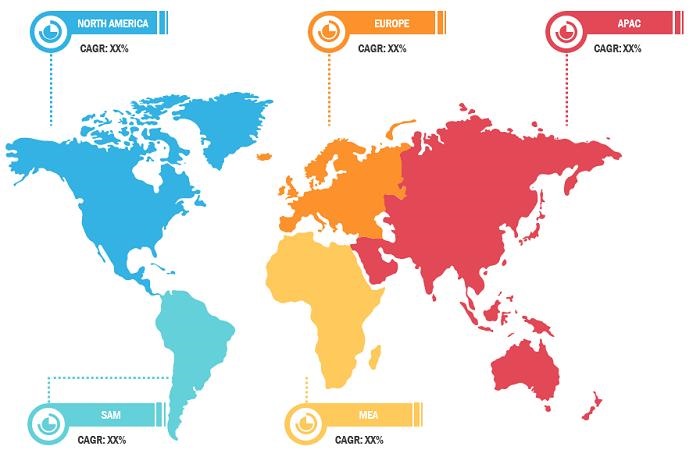Introduction
In the intricate world of finance and business, Corporate Tax Accountant plays a pivotal role in ensuring the financial health and compliance of companies. Their responsibilities extend beyond just crunching numbers; they are essential for maintaining accurate financial records, optimizing tax strategies, and adhering to the ever-evolving tax regulations. This article delves into the key responsibilities and skills that define the role of a corporate tax accountant.
Key Responsibilities
Tax Planning and Strategy:
Corporate tax accountants are strategic thinkers who analyze complex tax codes and regulations to develop efficient tax strategies. They work closely with other financial professionals to minimize tax liabilities while remaining compliant with the law. By understanding the nuances of tax laws, they help businesses make informed decisions that positively impact their financial standing.
Financial Reporting:
Accurate financial reporting is a cornerstone of corporate tax accounting. These professionals prepare and maintain financial records in accordance with generally accepted accounting principles (GAAP) and International Financial Reporting Standards (IFRS). Detailed financial reports not only facilitate tax calculations but also provide valuable insights for business decision-making.
Tax Compliance:
Staying compliant with tax laws is a critical responsibility of corporate tax accountants. They ensure that the company’s tax returns are accurately prepared and submitted on time. Compliance involves understanding a variety of tax regulations, from income tax to sales tax, and accurately applying them to the company’s financial situation.
Audits and Reviews:
In the event of an audit or review by tax authorities, corporate tax accountants play a crucial role. They collaborate with auditors, gather necessary documentation, and provide explanations for the tax positions taken by the company. Their meticulous record-keeping and understanding of tax laws are instrumental in navigating these processes smoothly.
Tax Research:
Tax laws are constantly evolving, and corporate tax accountants need to stay up-to-date with these changes. They conduct in-depth tax research to interpret new laws, regulations, and court rulings. This enables them to provide accurate advice to their organization and make necessary adjustments to tax strategies.
Collaboration with Other Departments:
Corporate tax accountants collaborate with various departments within a company, including finance, legal, and operations. Their insights into tax implications influence business decisions, such as investment opportunities and organizational structure changes. Effective communication skills are vital for conveying complex tax matters to non-financial colleagues.
Key Skills
Technical Expertise:
A strong foundation in accounting principles, tax laws, and financial reporting is imperative. Corporate tax accountants must possess a deep understanding of tax codes, deductions, credits, and exemptions to optimize tax planning strategies.
Attention to Detail:
Meticulous attention to detail is essential in corporate tax accounting, as minor errors can lead to major financial consequences. Accuracy in calculations, documentation, and reporting is paramount to ensure compliance and optimal financial outcomes.
Analytical Thinking:
Analytical skills are crucial for corporate tax accountants to dissect complex financial data and interpret its tax implications. The ability to identify patterns, trends, and potential tax-saving opportunities helps guide informed decision-making.
Adaptability:
The field of taxation is subject to frequent changes due to legislative updates and economic shifts. Corporate tax accountants must be adaptable and quick learners to stay ahead of these changes and adjust their strategies accordingly.
Communication Skills:
Effective communication is vital when conveying intricate tax concepts to non-specialists within the company. Corporate tax accountants need to translate complex information into understandable terms, enabling their colleagues to make informed decisions.
Ethical Integrity:
Maintaining high ethical standards is non-negotiable for corporate tax accountants. They handle sensitive financial information and play a critical role in ensuring tax compliance. Upholding ethical practices builds trust within the organization and with external stakeholders.
Conclusion
The role of a corporate tax accountant goes beyond crunching numbers; it involves a deep understanding of tax regulations, strategic planning, and accurate financial reporting. These professionals serve as guardians of a company’s financial health, ensuring compliance with ever-changing tax laws while optimizing tax strategies. Their technical expertise, attention to detail, analytical thinking, adaptability, communication skills, and ethical integrity collectively contribute to their effectiveness in this multifaceted role. Leading Audit Firms in Dubai provide essential expertise not only in the financial examination but also extend their services to comprehensive corporate tax accounting, ensuring businesses navigate the complexities of taxation with precision. As the financial landscape continues to evolve, corporate tax accountants remain indispensable for businesses aiming to thrive in a complex tax environment.




